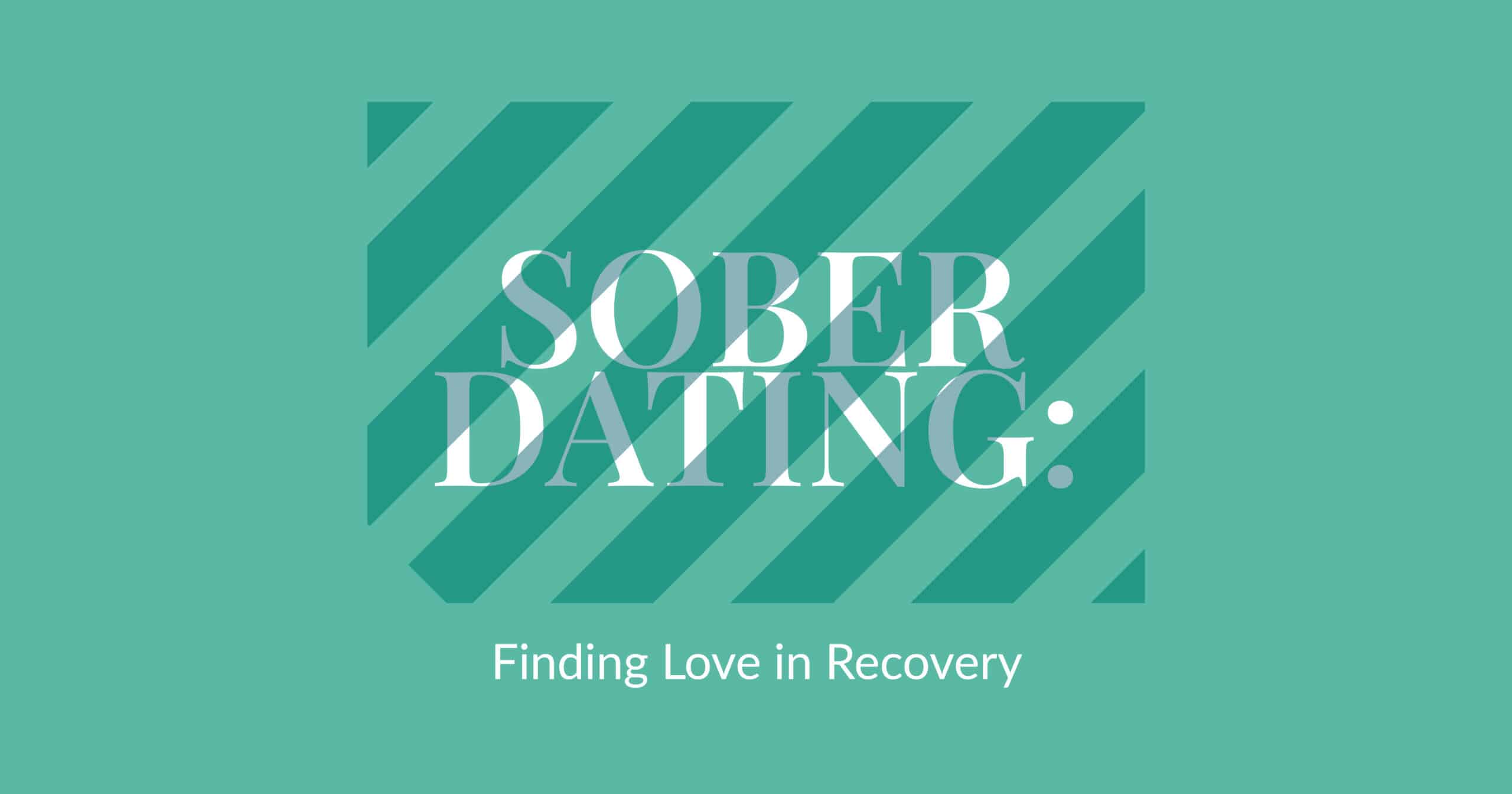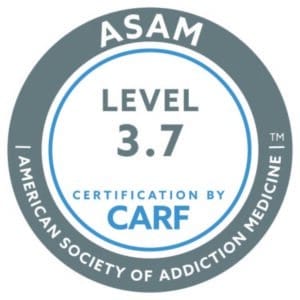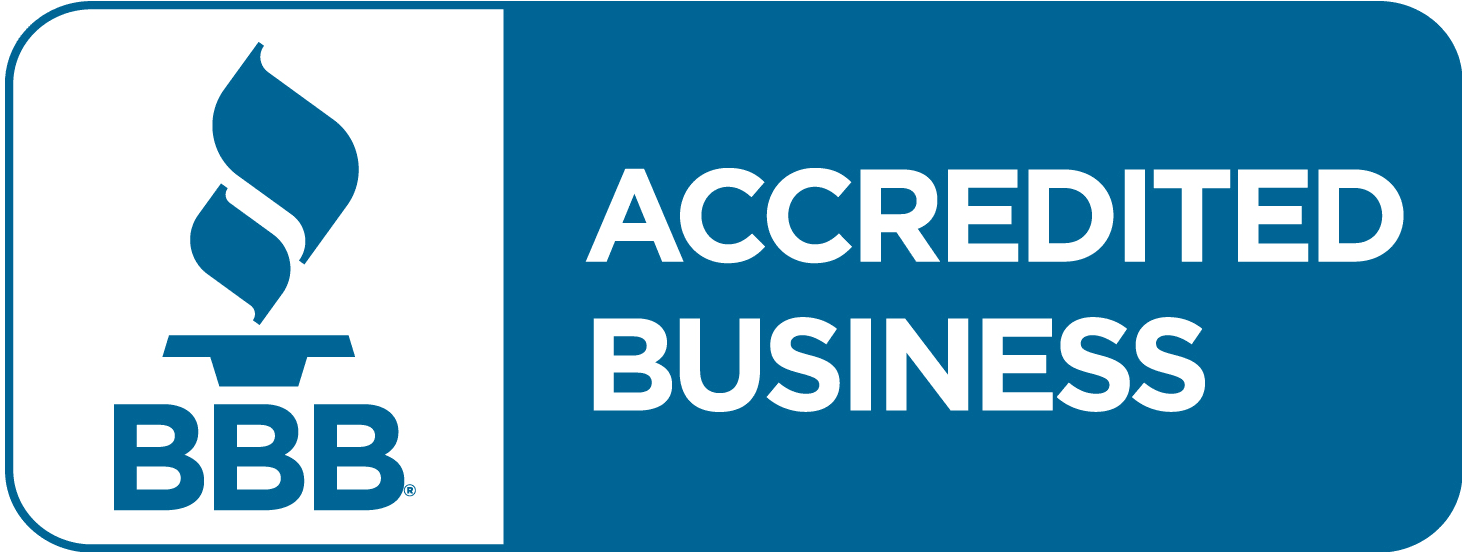In a world where dating often involves alcohol-fueled encounters and late-night bar scenes, individuals navigating the path of recovery face unique challenges in finding meaningful connections. Sober dating, however, is not only possible but can also lead to deeper, more authentic relationships built on mutual understanding and support. In this comprehensive guide, we’ll explore strategies and tips for those embarking on the journey of sober dating, from overcoming obstacles to fostering healthy relationships.
Understanding Sober Dating
What is Sober Dating?
Sober dating refers to the practice of forming romantic connections without the use of alcohol or other substances. For individuals in recovery from addiction, maintaining sobriety while seeking companionship requires a mindful approach to dating dynamics and social interactions.
Why is Sober Dating Important?
Sober dating is essential for individuals in recovery as it provides an opportunity to build relationships based on shared values and experiences. It allows both partners to prioritize emotional connection and personal growth without the interference of substances.
Challenges of Sober Dating
Social Stigma and Misconceptions
One of the significant challenges of sober dating is overcoming social stigma and misconceptions surrounding sobriety. Many people may misunderstand the reasons for abstaining from alcohol and assume it indicates a lack of fun or spontaneity.
Limited Dating Pool
In some communities, the dating pool for sober individuals may be limited, making it challenging to find compatible partners who share similar lifestyle choices. This limitation can lead to feelings of isolation and frustration.
Triggers and Temptations
Navigating dating environments where alcohol is prevalent can be triggering for individuals in recovery. The pressure to participate in drinking-related activities or the temptation to relapse may pose significant obstacles to sober dating success.
Strategies for Successful Sober Dating
Prioritize Self-Care and Sobriety
Before entering the dating scene, prioritize self-care and sobriety. Establishing a strong foundation of personal wellness will empower you to navigate potential challenges with confidence and resilience.
Seek Supportive Communities
Connect with sober communities and support groups both online and offline. Surrounding yourself with individuals who understand and respect your commitment to sobriety can provide invaluable encouragement and guidance.
Communicate Openly and Honestly
Effective communication is key to successful sober dating. Be upfront about your sobriety from the beginning and express your boundaries and expectations clearly to potential partners.
Plan Alcohol-Free Dates
Get creative with date ideas that don’t revolve around alcohol. Explore outdoor activities, cultural events, or shared hobbies that promote meaningful connection without the need for substances.
Focus on Compatibility and Shared Values
When evaluating potential partners, prioritize compatibility and shared values over superficial factors. Look for someone who respects your sobriety journey and aligns with your long-term goals and aspirations.
Be Mindful of Triggers
Identify potential triggers and develop coping strategies to navigate challenging situations effectively. Whether it’s attending social gatherings or encountering alcohol-related environments, having a plan in place will help you stay grounded in your sobriety.
Embracing Love in Recovery
Celebrate Milestones Together
Share your recovery journey with your partner and celebrate milestones together. Building a supportive and understanding relationship means acknowledging each other’s achievements and growth along the way.
Practice Empathy and Understanding
Both partners should practice empathy and understanding towards each other’s struggles and vulnerabilities. Recognize that recovery is a lifelong journey, and offer unwavering support through the highs and lows.
Foster Healthy Communication
Maintain open and honest communication in your relationship. Address any concerns or conflicts promptly and respectfully, ensuring that both partners feel heard and valued in the relationship.
Cultivate Shared Activities and Interests
Nurture your bond by engaging in shared activities and interests that bring you closer together. Whether it’s cooking together, exploring new hobbies, or volunteering in your community, creating meaningful experiences strengthens your connection.
Seek Professional Support When Needed
Don’t hesitate to seek professional support or couples counseling if challenges arise in your relationship. A trained therapist can provide valuable guidance and tools to navigate obstacles and strengthen your bond as a couple.
Conclusion
Navigating the world of sober dating requires courage, resilience, and a commitment to personal growth. By prioritizing self-care, fostering meaningful connections, and embracing the journey of recovery together, individuals can find love and companionship that enriches their lives in profound ways. Remember, love knows no boundaries, and with the right mindset and support system, finding love in recovery is not only possible but incredibly rewarding.











